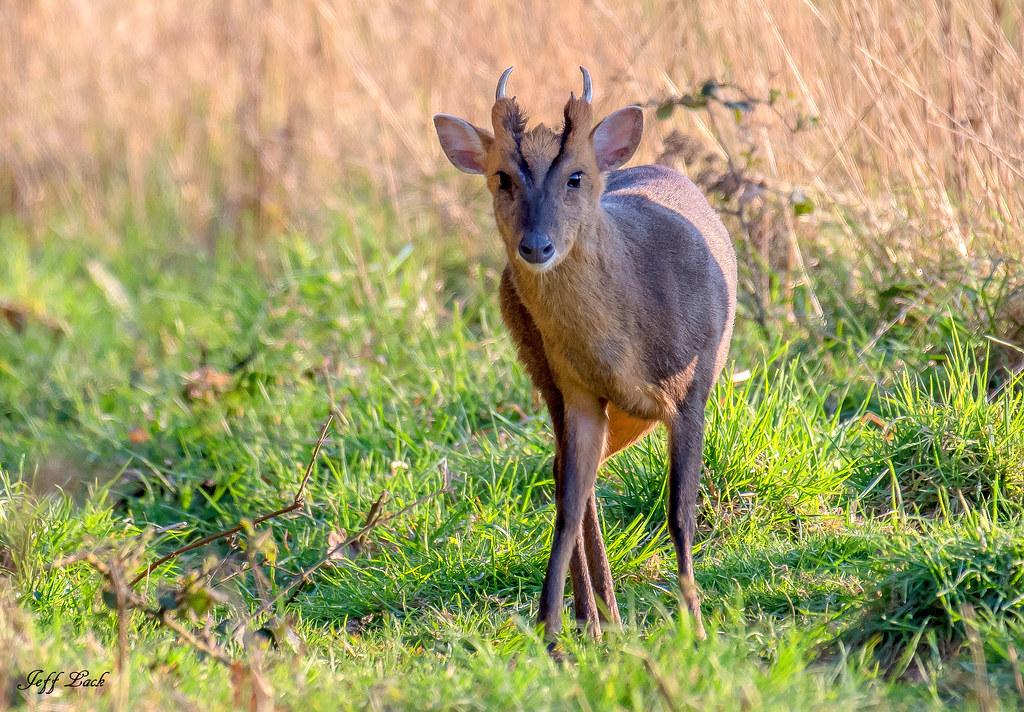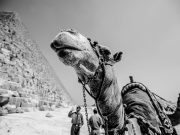In the heart of Africa‘s sprawling savannahs and dense jungles, a contentious debate rumbles beneath the rustling leaves and calls of the wild. Trophy hunting, a practice as old as the exploration of the continent itself, sits at the intersection of conservation, economics, and ethics. For some, it is a necessary tool in the preservation of wildlife, providing essential funds for conservation efforts and local communities. For others, it is an antiquated relic of colonial exploitation, posing a threat to the very species it purports to protect. As Africa’s rich tapestry of biodiversity faces unprecedented challenges, the question arises: should trophy hunting be allowed as a means of conservation? This article delves into the multifaceted arguments surrounding this issue, exploring the perspectives of conservationists, local communities, and environmentalists to unravel the complex web of implications that trophy hunting weaves across the African landscape.
The Paradox of Preservation: Examining Trophy Huntings Role in Conservation
The intricate relationship between trophy hunting and wildlife conservation in Africa presents a complex and often controversial paradox. While it may seem counterintuitive, advocates argue that when regulated effectively, trophy hunting can play a crucial role in funding conservation efforts and supporting local communities. Here are some key points to consider:
- Economic Incentives: Revenue from hunting permits can be reinvested into conservation programs, helping to protect habitats and species that might otherwise face extinction.
- Community Benefits: By involving local communities, trophy hunting can provide them with a financial stake in preserving wildlife, reducing the temptation for poaching and illegal hunting.
- Population Management: Selective hunting can aid in maintaining balanced ecosystems by controlling overpopulated species that may threaten biodiversity.
Yet, this approach is not without its challenges. Critics highlight issues of ethical considerations and the potential for mismanagement, which could undermine conservation goals. Ultimately, the success of trophy hunting as a conservation tool hinges on strict regulations, transparency, and the genuine commitment to preserving Africa’s natural heritage.

Economic Incentives: Can Trophy Hunting Sustain African Wildlife?
The debate over whether trophy hunting can serve as a viable conservation tool hinges on the complex interplay of economic incentives and wildlife preservation. Proponents argue that when managed correctly, the revenue generated from trophy hunting can be channeled into conservation efforts, benefiting local communities and ensuring the sustainability of wildlife populations. They highlight the following potential benefits:
- Financial support for conservation programs and anti-poaching initiatives.
- Economic development opportunities for local communities through job creation and infrastructure improvements.
- Incentives for landowners to maintain habitats and protect wildlife from illegal hunting.
Critics, however, contend that the practice can lead to negative consequences if not properly regulated. Concerns include:
- Overexploitation of certain species, leading to population declines.
- Ethical issues surrounding the killing of animals for sport.
- Inequitable distribution of hunting revenues, with minimal benefits reaching the communities that coexist with wildlife.
The challenge lies in finding a balanced approach that maximizes the potential benefits while minimizing the risks, ensuring that wildlife conservation remains the central priority.

Ethical Dilemmas and Ecological Impact: Balancing Conservation Goals
The intersection of ethical dilemmas and ecological impact becomes especially complex when examining trophy hunting as a conservation strategy. On one hand, proponents argue that regulated trophy hunting can provide necessary funding for conservation efforts, create economic incentives for local communities to preserve wildlife habitats, and help manage animal populations to prevent overpopulation and habitat degradation. This approach suggests that, when executed with strict oversight, hunting fees can be redirected to support wildlife protection and anti-poaching initiatives.
Conversely, critics raise concerns about the moral implications of commodifying wildlife and the potential for corruption and mismanagement of funds. They question whether the ecological benefits truly outweigh the ethical costs, pointing out that:
- The practice may inadvertently promote illegal hunting by creating a market for wildlife trophies.
- It risks prioritizing economic gain over genuine conservation efforts, potentially undermining biodiversity.
- The selection of animals for hunting could disrupt natural ecosystems, affecting species dynamics and genetic diversity.
Ultimately, the debate underscores the need for a nuanced approach that considers both ethical considerations and ecological outcomes in shaping sustainable conservation policies.

Crafting a Sustainable Future: Recommendations for Trophy Hunting Policies
When shaping policies around trophy hunting, it is essential to strike a balance between conservation efforts and ethical considerations. First, consider implementing stricter regulations and quotas. These could ensure that hunting does not adversely affect vulnerable species while providing funding for local conservation initiatives. Second, prioritize transparency and accountability by requiring hunting operators to report their activities and the impact on wildlife populations. This data can then inform policy adjustments and enhance public trust.
Furthermore, integrating community-based approaches can empower local populations and provide them with a vested interest in sustainable wildlife management. By ensuring that a significant portion of hunting revenues supports community development and conservation, policies can foster a symbiotic relationship between humans and wildlife. Lastly, fostering international collaboration and knowledge-sharing can help countries adopt best practices and innovate solutions that balance ecological and economic needs. Through these measures, it is possible to craft policies that promote both conservation and ethical hunting practices.
The Conclusion
As the sun sets over the vast and varied landscapes of Africa, the debate surrounding trophy hunting continues to cast long shadows across the plains. This complex and multifaceted issue weaves together threads of conservation, economy, culture, and ethics, creating a tapestry that is as intricate as it is contentious. While proponents argue that regulated hunting can provide much-needed funds for conservation efforts and local communities, opponents raise valid concerns about the moral implications and long-term impacts on wildlife populations.
In this ongoing dialogue, it is essential to listen to the voices of those who live closest to the land and its creatures, to consider scientific evidence, and to remain open to evolving perspectives. Perhaps, the path forward lies not in choosing sides but in seeking solutions that honor both the majestic wildlife of Africa and the people who share their home.
As we ponder the future of conservation, let us remain steadfast in our commitment to preserving the natural world, ensuring that it thrives not just for the present, but for generations to come. In the heart of Africa, where the call of the wild echoes through the air, the conversation continues, inviting us all to engage, reflect, and act with wisdom and compassion.


































